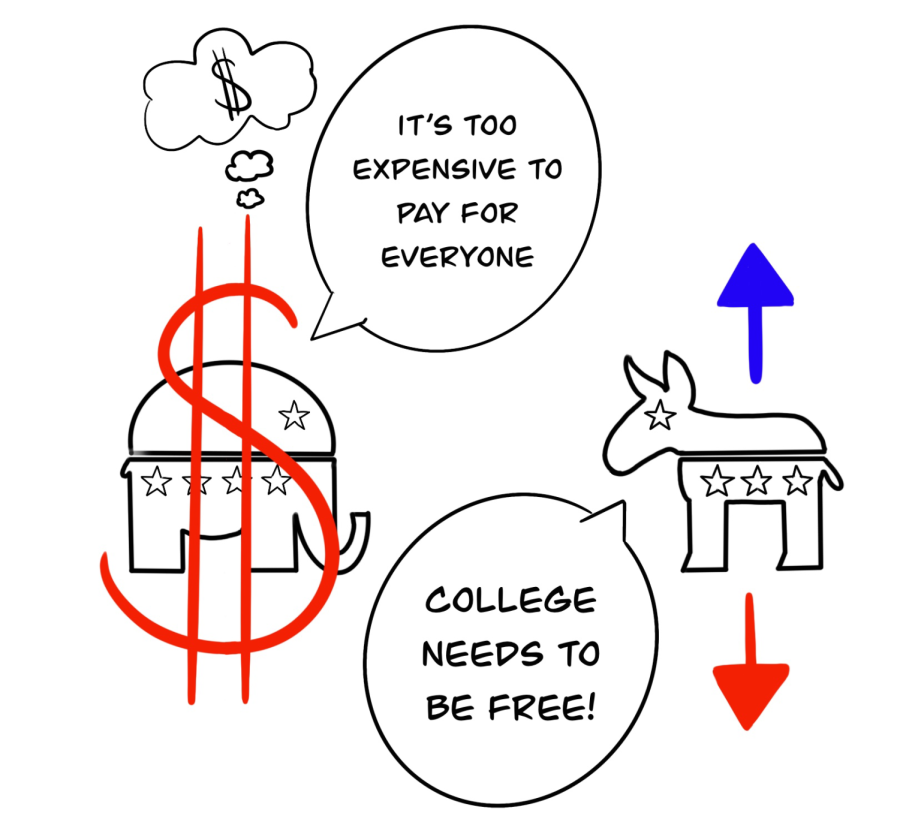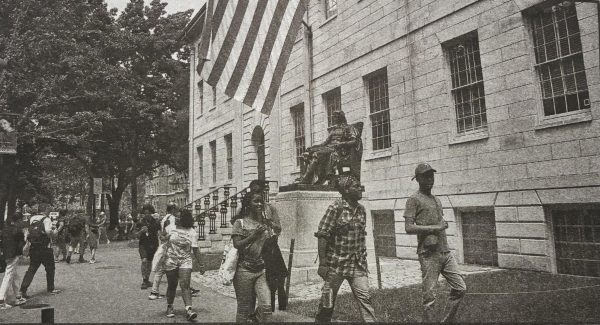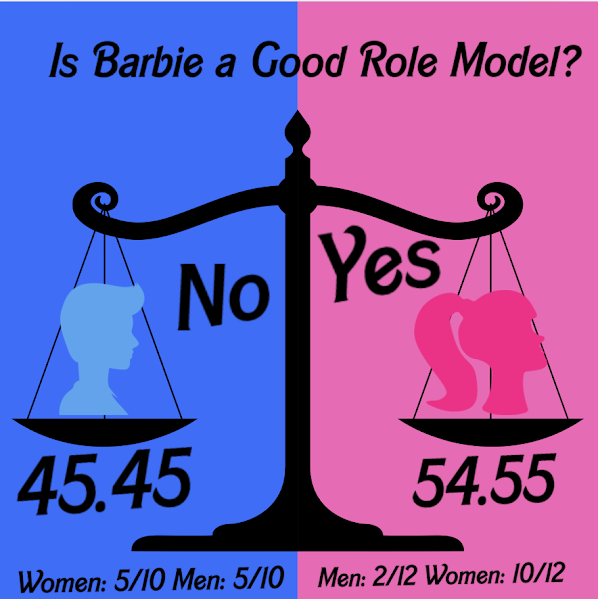Now Is the Time for Free Tuition for College Students
The debate over Free College Tuition is expected to become heated again this year, as the country prepares to enter presidential primaries for the November 2024 elections.
The free-college issue is especially important to most of the 15 million American high school students who would like to attend a college or university, but find the costs prohibitive.
Generally speaking, Democrats on the national level are much more open than Republicans to making future college experiences free.
Thus, college-bound students should keep their eyes on, and cast their votes for, the Democrats.
Democrats argue that a college education is necessary for a person to land a good job and to live a productive life. Republicans counter that the cost of a national free-college program would drive up the national debt – which stands at more than $31 trillion, or about $94,000 per U.S. citizen – by tens of billions of dollars.
The U.S. Education Department reports that the typical undergraduate college student who takes out loans to pay for tuition ends up $25,000 in debt by the time he/she graduates.
Across the United States, programs for tuition-free college continue to be launched, such as Boston’s plans, announced earlier this year, to spend $4 million to provide free college experiences to any Boston resident who attends one of six community colleges.
On the national level, however, movement has been slow, especially since the end of the 2020 election cycle. This situation is ironic when one considers that the federal government launched the idea of tuition-free college more than a century ago.
Historically, Progressive/Democrat parties tended to push for free, government-paid college tuition, while Conservative/Republican parties did not.
During the Joseph Biden (Democrat) vs. Donald Trump (Republican) presidential election of 2020, Biden’s campaign emphasized making public colleges and universities tuition-free for students from families with incomes up to $125,000, according to election coverage by The New York Times.
President Trump’s campaign team rejected the idea of tuition-free college and criticized Biden’s plan as being too costly for American taxpayers.
This past March, President Biden proposed a federal budget that called for free community college for Americans. Biden’s political opponents argue that his college plan is merely a political move to entice younger voters.
Right now, roughly 30 states, including New Jersey, offer programs that include some form of tuition-free college, although the programs vary widely and often come with restrictions, such as a student’s family income level or a requirement that the student attend an in-state, four-year institution.
To be fair to all U.S. residents from every state, the federal government must make tuition free for everyone.






